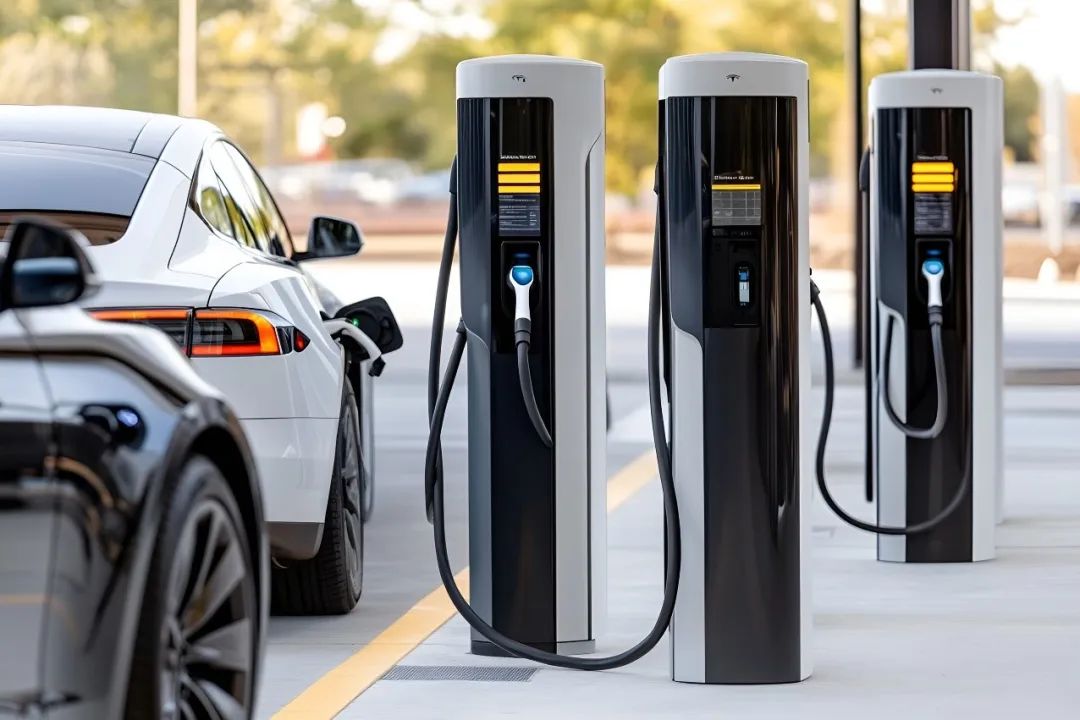Indonesian Government Aims to Revise Domestic Component Ratio Policy to Boost Foreign Investment, Vietnam's Market Thrives in Q1
![]() 04/21 2025
04/21 2025
![]() 680
680


▍Thailand: Electric Vehicle Sales Expected to Surpass 100,000 Units, with Chinese Brands Favored by 70% of Consumers
In a press release, Suroj Sangsnit, Chairman of the Electric Vehicle Association of Thailand (EVAT), revealed that Thailand, the largest electric vehicle market in Southeast Asia, anticipates a 40% surge in electric vehicle sales in 2025, potentially exceeding 100,000 units. This growth is fueled by production mandates and government incentives. A recent survey by Vero, an independent brand communication consultancy, found that 72% of Thai consumers hold a favorable view of Chinese automobiles, perceiving them as affordable, technologically advanced, and stylish, thus attracting price-conscious consumers. Additionally, Chinese automakers like BYD and SAIC are adopting comprehensive localization strategies, such as establishing local production facilities, making them market leaders in Thailand. The Thai automotive industry is undergoing significant transformation, with the potential emergence of new business models and partnerships that will strengthen the electric vehicle ecosystem, with Chinese automakers playing a crucial role in shaping its future.

▍Indonesia: Government Proposes Revision to Domestic Component Ratio Policy to Attract Foreign Investment
According to foreign media reports, Indonesian President Prabowo Subianto plans to revise the policy on the domestic component ratio (TKDN) to attract foreign investment by lowering localization thresholds and increasing policy flexibility, particularly in the fields of electric vehicles and emerging technologies. The current policy requires government procurement goods to meet a 25% localization rate with a 40% corporate welfare weight, but these rules have been criticized for being too stringent, hindering foreign investment in new energy fields. The relaxation of the TKDN policy is expected to accelerate the deployment of international automakers such as Tesla and BYD in Indonesia, promoting the establishment of electric vehicle supply chains. However, local automakers are concerned that rapid liberalization may impact the traditional automotive ecosystem, and GAIKINDO emphasizes the need to protect the decades-old fuel vehicle supply chains of companies like Toyota and Honda. This policy adjustment aims to reshape Indonesia's automotive industry, promoting its upgrade to a regional manufacturing center during the new energy transition window, while also balancing the attraction of foreign investment with the cultivation of local supply chains.

▍Indonesia: Auto Sales Decline in Q1, Electric Vehicle Market Share Rises
The latest statistical data released by the Indonesian Automotive Industry Association (Gaikindo) indicates that in Q1 2025, Indonesia's auto wholesale sales (from factories to dealers) amounted to 205,160 units, a year-on-year decrease of approximately 4.7%, while retail sales (from dealers to consumers) were 210,483 units, a year-on-year decrease of 8.9%. In March, the share of traditional fuel vehicles dropped to 85% (from 91% in the same period of 2024), while the share of electric and hybrid vehicles increased to 18% (from 14.8% in the same period of 2024). The association attributes the decline in sales to policy fluctuations, economic pressures, and holiday effects. Despite short-term pressure, the association holds a cautiously optimistic outlook for market recovery in April, particularly as the increase in electric vehicle penetration demonstrates the potential for structural transformation.
▍Vietnam: Market Experiences Robust Growth in Q1, Industry Upgrades to 'Regional Manufacturing Hub'
Data released by the General Statistics Office of Vietnam shows that Vietnam's total auto production in Q1 2025 reached 106,400 units, a year-on-year surge of 81.5%, with March production at 36,700 units. Sales data from the Vietnam Automobile Manufacturers' Association (VAMA) indicates that as of the end of February, 40,499 vehicles had been sold, including 20,187 locally produced complete vehicles (a year-on-year increase of 23%) and 20,312 imported vehicles (a year-on-year increase of 41%), reflecting consumer diversification and strong market growth momentum. Meanwhile, international automakers are accelerating their layouts, positioning Vietnam as a core production base in Southeast Asia. With policy support and the benefits of supply chain shifts, Vietnam is transitioning from an 'assembly center' to a 'regional manufacturing hub'.
Typesetting by Zheng Li
Source: Thailand-business-news, Gaikindo.or.id, Oto.detik, Vietnamnews.vn
Image Source: Shutu.cn







